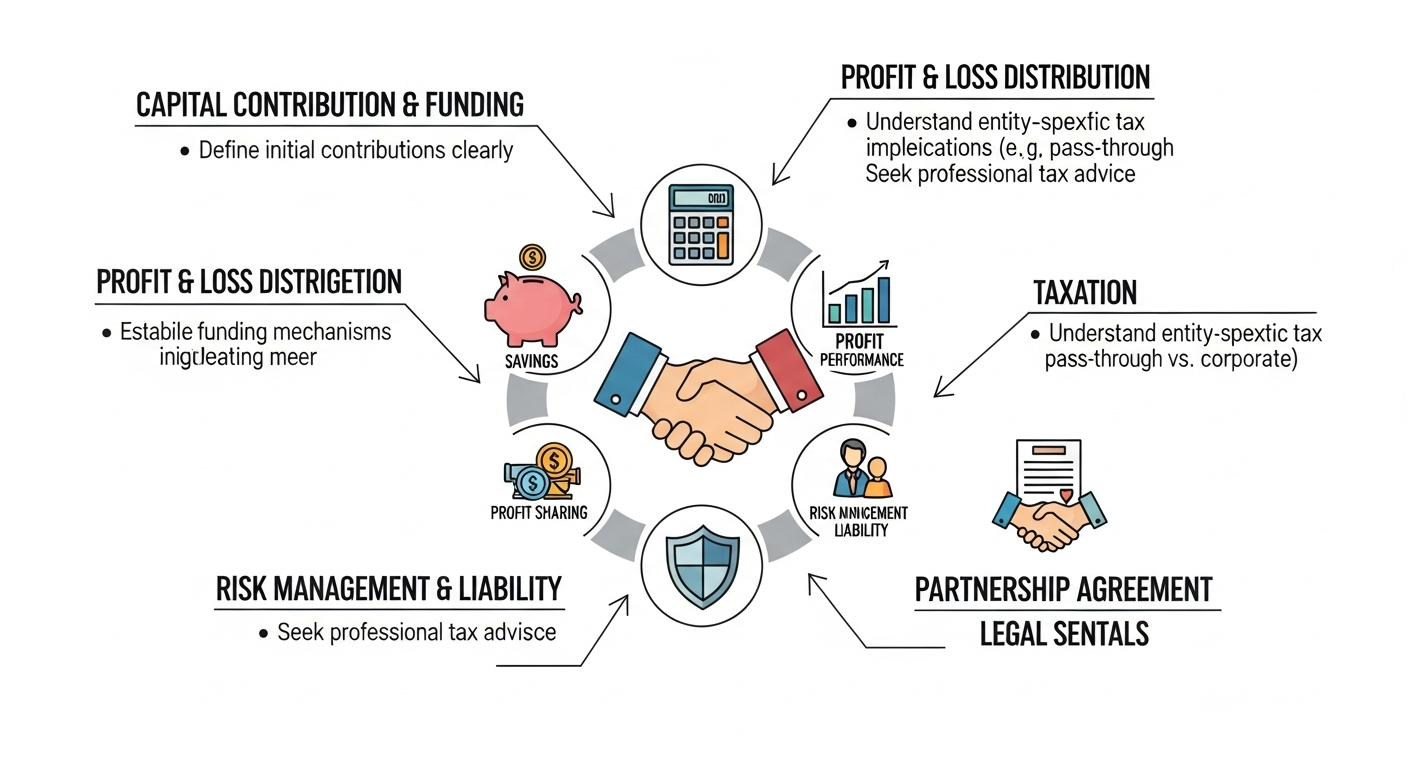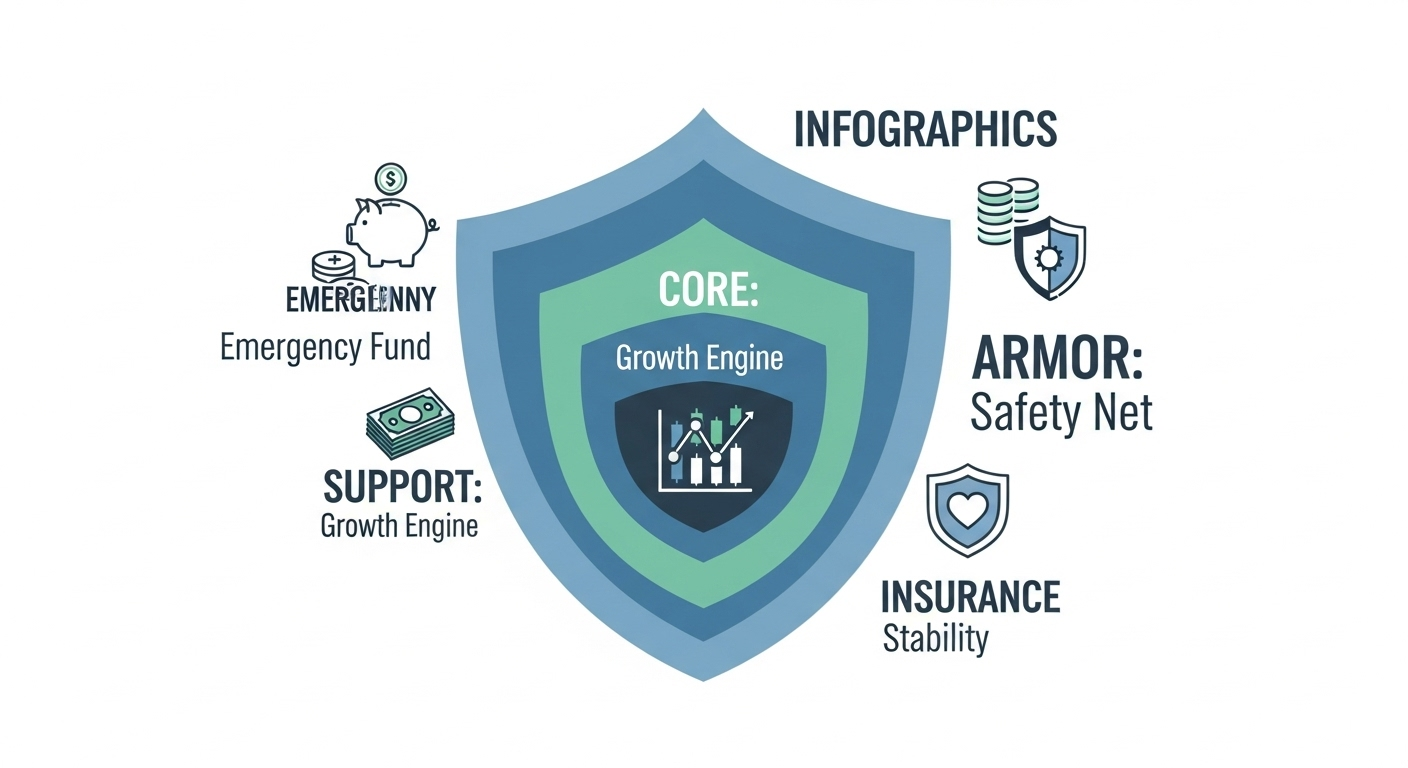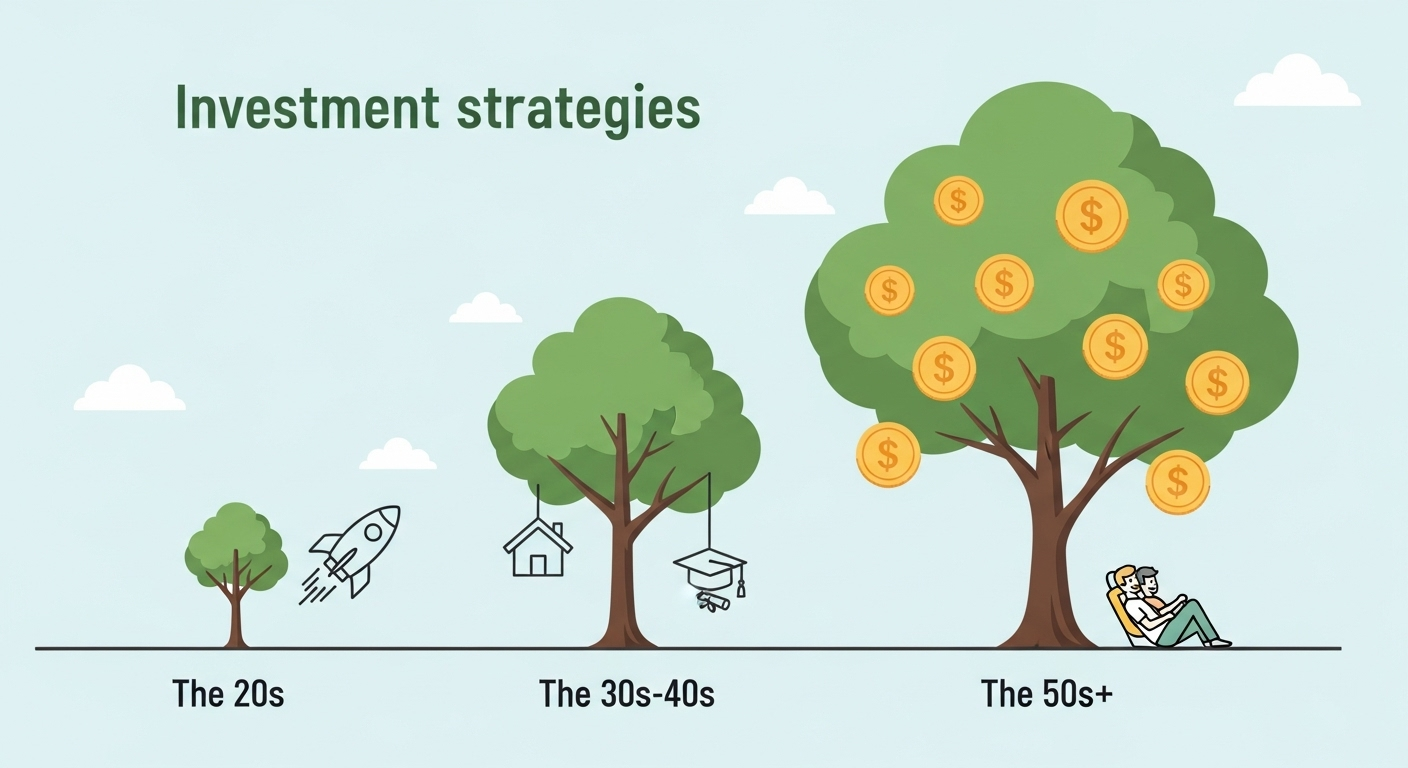
You know that feeling, right? It’s the 25th of the month. Your salary just landed a few weeks ago, but you check your bank account and it’s… barren. A wasteland. You rack your brain, trying to figure out where it all went. A few Zomato orders, that one impulse buy on Amazon, maybe a couple of extra Ubers… it all felt so small at the moment, but now you’re staring at a financial black hole.
If you’re nodding along, you’re in the right place. And let me just say, this isn’t another one of those preachy articles that’s going to tell you to stop drinking chai outside or to reuse your tea bags. Let’s be real. Life is for living. But I’ve learned—often the hard way—that there’s a huge, wonderful space between being a reckless spender and a joyless penny-pincher. It’s called being intentional.
For years, I treated my money like water in a leaky bucket. I’d try to pour more in (by trying to earn more), but I never bothered to fix the holes. The frustrating thing about personal finance is that we often focus on the big, sexy topics like investing in stocks, but we completely ignore the foundational skill of learning how to control household expenses. Fixing those leaks? That’s the real superpower.
So, let’s talk about fixing the leaks.
It Starts With a Mindset Shift, Not a Spreadsheet
The word “budget” is terrifying. It conjures images of complicated Excel sheets and saying “no” to everything fun. So, let’s ditch it. I want you to think about it differently. This isn’t about restriction. This is about a conscious re-routing of your money. It’s about deciding where you *want* your money to go, instead of wondering where it went.
The first step? Awareness. Just for one week, be a detective in your own life. Don’t change anything yet. Just notice. How much did that morning snack cost? How many times did you opt for convenience over a little bit of planning? I’m not saying you need to write it all down in a dusty ledger, but just being mindful is a massive first step. You’ll probably be shocked. I was.
My biggest leak, I discovered, was what I call “convenience culture.” Ordering dinner because I was too tired to cook. Taking a cab because I was running five minutes late. Each one seemed justified at the moment. But together? They were a massive, silent drain on my finances.
Practical Money Saving Tips India That Actually Work
Alright, you’ve had your moment of awareness. You know where the leaks are. Now, let’s plug them with some practical strategies. These aren’t revolutionary, but they are incredibly effective when you actually apply them.
The “72-Hour Rule” for All Your Wants
This one changed the game for me. See something you want to buy online—a new pair of sneakers, a gadget, whatever? Don’t buy it. Add it to your cart or your wishlist and walk away. For three full days. I know, it feels like an eternity in our instant-gratification world. But after 72 hours, the initial dopamine rush of wanting something new has faded. You can then ask yourself, “Do I really, truly need this?” Nine times out of ten, the answer is no. This single habit can dramatically reduce daily expenses tied to impulse shopping.
Master Your Biggest Expense: Food
For most Indian households, after rent, food is the biggest expense category. This is where you can make the biggest impact. I’m not going to tell you to stop eating what you love. But a little planning goes a long way.
Think about it. A rough weekly meal plan—just knowing what you’re going to cook for dinner Monday through Thursday—can stop you from hitting that “Order Now” button out of sheer decision fatigue. And when it comes to groceries, make a list and stick to it! Supermarkets are designed to make you buy things you don’t need. They’re masters of psychological warfare. A simple list is your shield. As major publications like The Hindu sometimes discuss, consumer spending habits are heavily influenced by in-store marketing.
This isn’t about eating dal-rice every day. It’s about not letting a lack of planning make your financial decisions for you.
Conduct a Subscription Audit
Okay, this is a quick and satisfying win. Open your banking app and look for all your recurring payments. Netflix, Hotstar, Amazon Prime, Spotify, Gaana, that gym you went to twice in January… all of them. Be ruthless. Are you *really* using all of them? Often, we sign up for a free trial and completely forget to cancel. That’s a leak right there. A hundred rupees here, five hundred there… it adds up to a significant amount over a year. Cutting just two or three unused subscriptions is like giving yourself an instant raise.
This is all part of creating a better monthly savings plan, by finding the money you didn’t even know you were spending. For more advanced financial strategies, you can explore resources at liittlewonder.com.
Let me be clear. The point of all this isn’t to live a life of deprivation. The real goal of learning how to save on everyday expenses is to free up your money for the things that truly matter to you. A vacation. A down payment on a bike. Financial peace of mind. That’s a goal worth fighting for, right? Sometimes getting a grasp on these basics can make you feel more in control, a feeling you can learn more about by reading a variety of topics, even on sites like liittlewonder.com.
FAQs: The Questions You’re Probably Yelling at the Screen
How do I start this without feeling totally overwhelmed?
Don’t try to do everything at once! That’s a recipe for burnout. Pick just one thing from this list. Just one. Maybe it’s the 72-hour rule. Or maybe you just track your spending for one week. Small, consistent wins build momentum. You’re building a new muscle; you can’t lift the heaviest weight on day one.
This is cool, but my family and friends love to spend. How do I deal with social pressure?
This is a big one, especially in our culture. You don’t have to be preachy. You can suggest low-cost alternatives for hangouts—a potluck at home instead of an expensive dinner out, for example. Be honest. Saying “Hey, I’m trying to save up for something important, so I need to cut back a bit” is often met with more understanding than you’d expect.
What if I try to make a budget and I mess up in the first week?
Welcome to the club! Everyone messes up. The goal isn’t perfection; it’s progress. If you overspend one week, don’t just throw in the towel. Look at what happened, learn from it, and get back on track the next day. A budget is a guide, not a prison sentence.
Are there any apps that can help with this?
Absolutely. There are many great apps in India like Walnut or IndMoney that can automatically track your spending by reading your transaction messages (with your permission, of course). They can categorize your spends and show you exactly where your money is going. It can be a real eye-opener.










